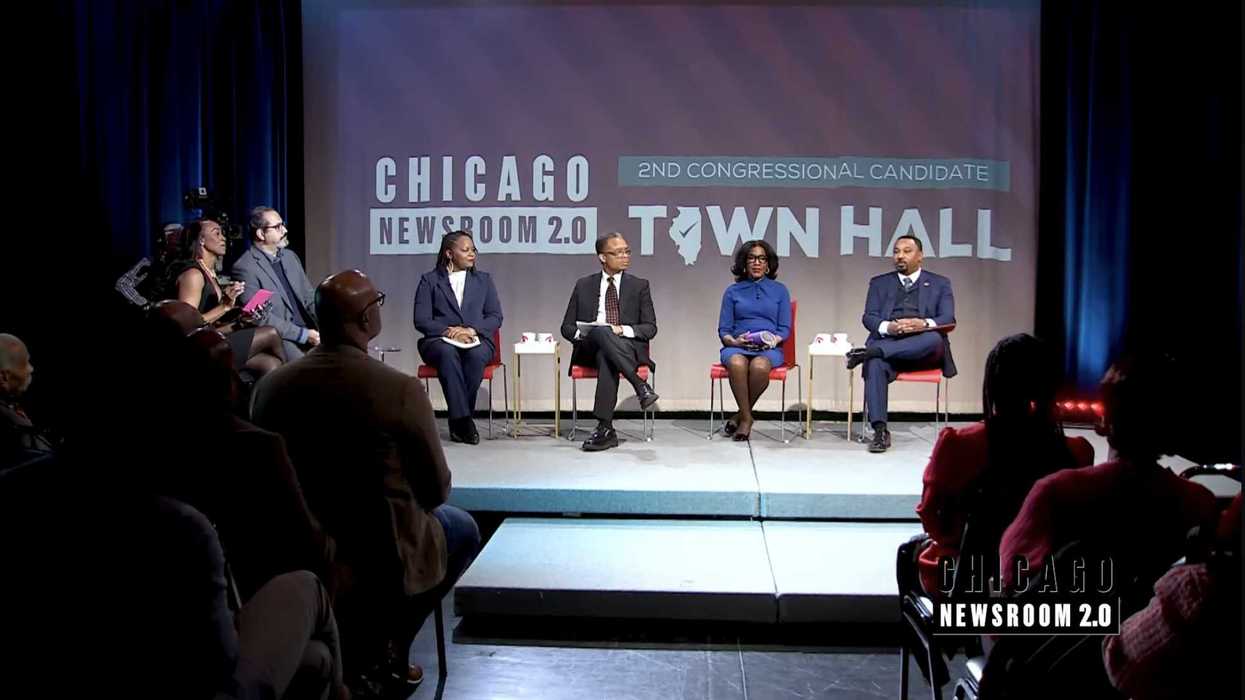Sixty-two years after Rev. Dr. Martin Luther King’s pen touches paper in a Birmingham jail cell, I contemplate the walls that still divide us. Walls constructed in concrete to enclose Alabama jails, but in Silicon Valley, designed code, algorithms, and newsfeeds. King's legacy and prophetic words from that jail cell pierce our digital age with renewed urgency.
The words of that infamous letter burned with holy discontent – not just anger at injustice, but a more profound spiritual yearning for a beloved community. Witnessing our social fabric fray in digital spaces, I, too, feel that same holy discontent in my spirit. King wrote to white clergymen who called his methods "unwise and untimely." When I scroll through my social media feeds, I see modern versions of King's "white moderate" – those who prefer the absence of tension to the presence of truth. These are the people who click "like" on posts about racial harmony while scrolling past videos of police brutality. They share MLK quotes about dreams while sleeping through our contemporary nightmares.
Then and now, the church often stands guilty of what King called "shallow understanding from people of goodwill." In 1963, it was the clergy who counseled patience while Black bodies bore the weight of segregation. Too many religious leaders preach digital decorum, yet our social platforms burn with hatred, conspiracy, and tribal warfare. Replacing Bull Connor's dogs with content moderators, lunch counter segregation with filtered feeds, and water hoses with mute buttons and 180-day account suspension (ask me how I know).
James Baldwin's searing question comes to mind – "Do I really want to be integrated into a burning house?" – takes on new meaning in our digital age. The virtual public square has become its kind of burning house, where truth smolders beneath the ashes of misinformation and AI-generated falsehoods. As a theologian and pastor, I ask: What does seeking a beloved community in digital spaces designed for division mean? How do we practice digital integration when our very platforms are built on the foundation of segregated realities?
The present composition of the digital square reveals this as truth. When conspiracy theories about election fraud spread unchecked through church WhatsApp groups, when Sunday school Facebook pages become breeding grounds for political polarization, and when Twitter threads about Scripture devolve into tribal warfare, we witness a troubling reality. A reality where we have made peace with our divisions.
The letter from Birmingham jail prefaces how our digital wilderness mirrors the spiritual wilderness he described. King expressed grave disappointment in the church's failure to live to its authentic call. Contemporary religious institutions often function more like digital thermometers rather than thermostats regulating or changing our polarized culture. Yet there is hope.
Just as King saw the potential for redemption in the church of his day, I see possibilities for redemption. King called on "creative extremism" – not the extremism of hatred or division, but the extreme love that refuses to accept the comfortable constraints of our digital cages. This creative extremism might involve religious leaders intentionally building digital and physical spaces for genuine dialogue across differences. It might also involve spiritual disciples employing their social media presence as a ministry of reconciliation rather than a platform for sacrilegious and non-democratic proclamations. Also, it necessitates each of us to become digital architects of a beloved community, deliberately curating spaces where truth and grace can meet.
Dr. King, I believe, wrote his letter not just to critique but to call forth. Believing in the possibility of transformation – not just of laws and systems, but of hearts and minds. In our digital age, we need that same prophetic imagination. The walls of our digital cells are high, but they are not impenetrable. I wonder if we will dare to break them down, brick by binary brick, and build something better in their place.



















 Senate Committee on Commerce, Science, and Transportation ranking member Sen. Maria Cantwell (D-WA) (R) questions witnesses during a hearing in the Russell Senate Office Building on Capitol Hill on February 10, 2026 in Washington, DC. The hearing explored the proposed $3.5 billion acquisition of Tegna Inc. by Nexstar Media Group, which would create the largest regional TV station operator in the United States. (Photo by Chip Somodevilla/Getty Images)
Senate Committee on Commerce, Science, and Transportation ranking member Sen. Maria Cantwell (D-WA) (R) questions witnesses during a hearing in the Russell Senate Office Building on Capitol Hill on February 10, 2026 in Washington, DC. The hearing explored the proposed $3.5 billion acquisition of Tegna Inc. by Nexstar Media Group, which would create the largest regional TV station operator in the United States. (Photo by Chip Somodevilla/Getty Images)
